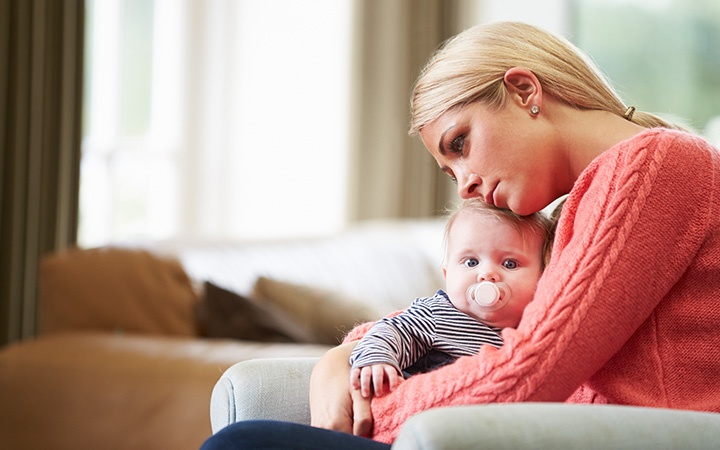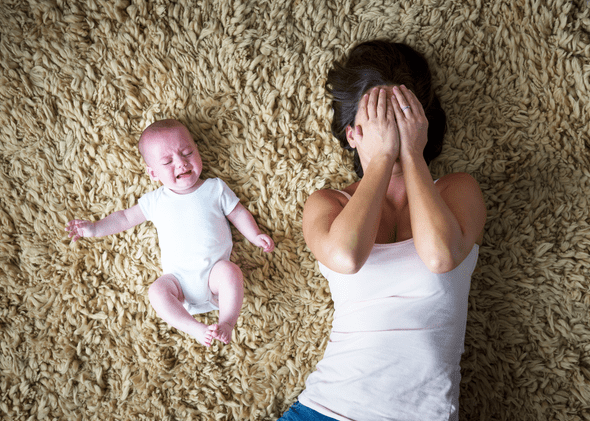Having a baby is probably one of life’s biggest joys. Though, many people aren’t aware that there’s such a thing called postpartum depression that plagues a multitude of new mothers in the world.

Postpartum depression brings on feelings of anxiety, withdrawal, and overwhelming guilt for new moms. If you want to understand this condition and the changes women go through, read a little more about this very common period of time after childbirth.
What is it?
Baby blues, or postpartum blues, are actually quite different from postpartum depression. The condition appears right after childbirth and can cause mood swings, irritability, and a number of other negative emotions. This can be associated by sleep deprivation, fatigue, and hormonal changes that occur after delivery.

While the two are similar in symptoms, postpartum depression is far more serious. The symptoms of baby blues taper off after a week or two, but for those with postpartum depression, symptoms can last for months.
How do you know if you have it?
Postpartum depression is distinguishable because of how intense emotions feel for the new parent. Mothers will often feel extreme sadness and excessive crying bouts, along with insomnia, loss of appetite, and even suicidal thoughts.
Other symptoms include anxiety and panic attacks and an inability to bond with the baby.

The symptoms of postpartum depression can become serious quickly, so you should be especially wary of how you or your partner feels. If the baby blues haven’t gone away after three to four weeks, it may be time to schedule an appointment for the doctor’s office.
What can we do to make it better?
The number one thing new mothers can do when going through postpartum depression is to talk to someone about it! Let someone in on how you feel and make sure that you’re not alone.
Postpartum depression can affect anyone and is actually a very common disorder. Many mental health experts and doctors recommend going to counseling or group therapy so that parents can share their feelings and experiences of parenthood with other struggling individuals.

It’s also recommended to have a good and solid support system. Friends, family, and your partner will be the key to feeling connected and “in sync” with the world again.
Exercising, eating healthy, and remembering to take care of yourself is all the more important, so be sure to keep in touch and communicate well with others! You can get through postpartum depression step by step.





















